Postdocs

©
Dr. Mohammed Barham
A07
A07 Role of synaptic lipid modulated cortical excitability in motor control
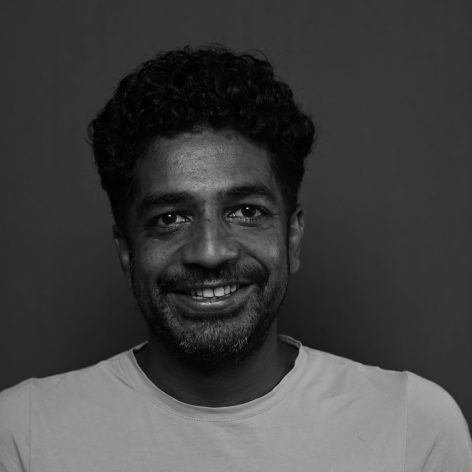
©MedizinFotoKöln
Dr. Gerard N. Bischof
C04
C04 Apraxia in Alzheimer’s disease: Plastic reorganization of praxis networks in response to chronically progressive dysfunction

©MedizinFotoKöln
Dr. Heiko Endle
A07
A07 Role of synaptic lipid modulated cortical excitability in motor control

©MedizinFotoKöln
Dr. Birgit Engeland
B01
B01 Developmental mechanism affecting motor skills and motor control

©MedizinFotoKöln
Dr. Kathrin Giehl
C03 | C04

©
Dr. Sharon israely
A06
A06 Sensory-motor pathways controlling voluntary movements in health and disease

©MedizinFotoKöln
Dr. Hannah Maria Jahn
A03
A03 Motor learning-induced plasticity of cerebellar purkinje neuron connectivity

©MedizinFotoKöln
Dr. Lara-Jane Kepser
A07
A07 Role of synaptic lipid modulated cortical excitability in motor control

©MedizinFotoKöln
Dr. Stephan Marguet
B01
B01 Developmental mechanism affecting motor skills and motor control

©MedizinFotoKöln
Dr. Andrea Merseburg
B01
B01 Developmental mechanism affecting motor skills and motor control

©
Dr. Melina Overhoff
A02
A02 Dysregulation of the autophagy-endolysosomal system as a putative pathological mechanism behind the motor control dysfunction
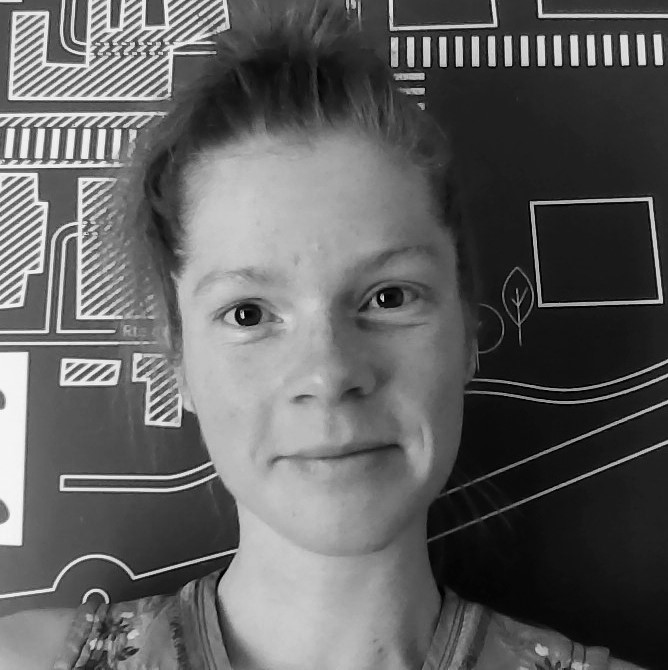
©private
Dr. Anne Petzold
A04
A04 The role of the reward system in obesity- and ageing-associated changes of motor behaviours

©
Dr. Jan Erik Radermacher
A01
A01 Understanding plastin 3 and its interactions in motor neuron function and plasticity in health and disease

©MedizinFotoKöln
Dr. Lionel Rigoux
C06
C06 Major depression as a transient functional lesion model of motor control

©MedizinFotoKöln
Dr. Nils Rosjat
B03
B03 Modelling neuroal network dynamics underlying movements in health and disease
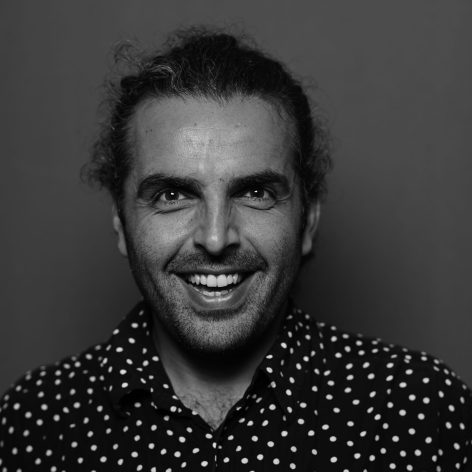
©MedizinFotoKöln
Dr. Vahid Rostami
A06
A06 Sensory-motor pathways controlling voluntary movements in health and disease

©
Dr. Robson Scheffer
A04
A04 The role of the reward system in obesity- and ageing-associated changes of motor behaviours

©MedizinFotoKöln
Dr. Malte Stockebrand
B01
B01 Developmental mechanism affecting motor skills and motor control

©MedizinFotoKöln
Dr. Masoud Tahmasian
B05
B05 Single-case predictions of motor abilities in helath and disease
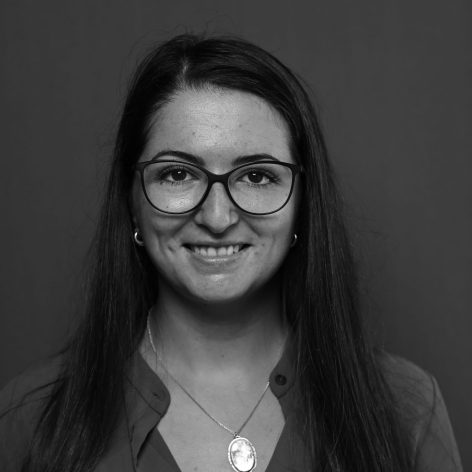
©MedizinFotoKöln
Dr. Marianna Tolve
A02
A02 Dysregulation of the autophagy-endolysosomal system as a putative pathological mechanism behind the motor control dysfunction
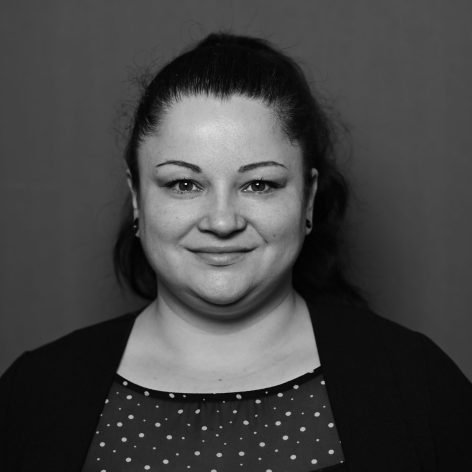
©MedizinFotoKöln
Dr. Susan Vlachakis
C01
C01 Identification and selective stimulation of motor recovery-related functional networks after experimental stroke

©MedizinFotoKöln
Dr. Pascal vogel
B01
B01 Developmental mechanism affecting motor skills and motor control

©private
Dr. Therese Wolfenstetter
A07
A07 Role of synaptic lipid modulated cortical excitability in motor control

©MedizinFotoKöln
Dr. Azamat Yeldesbay
B03
B03 Modelling neuroal network dynamics underlying movements in health and disease

©MedizinFotoKöln
Dr. Adam zabicki
B04
B04 Motor control under uncertainty in the healthy human brain

